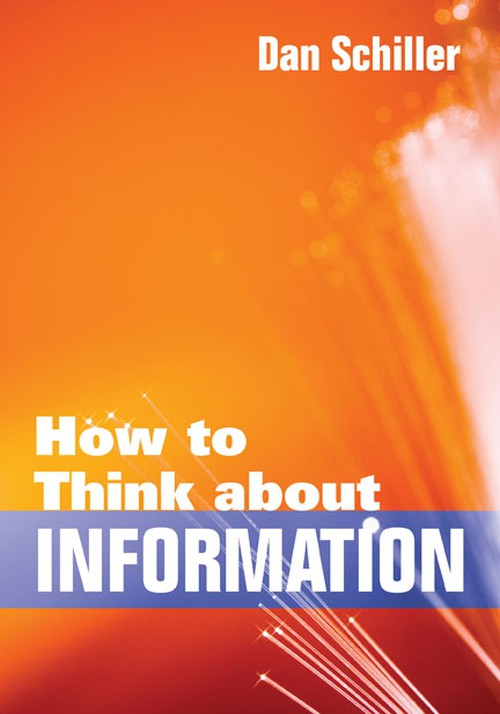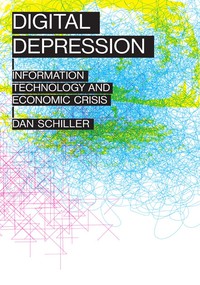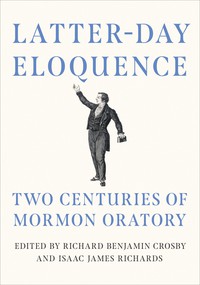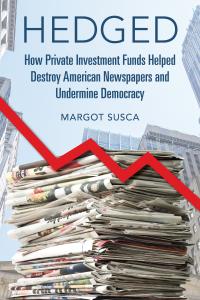
How to Think about Information
Cloth: 02/05/2007
About the Book
It is common wisdom that the U.S. economy has adapted to losses in its manufacturing base because of the booming information sector, with high-paying jobs for everything from wireless networks to video games. We are told we live in the Information Age, in which communications networks and media and information services drive the larger economy. While the Information Age may have looked sunny in the beginning, as it has developed it looks increasingly ominous: its economy and benefits grow more and more centralized--and in the United States, it has become less and less subject to democratic oversight.Corporations around the world have identified the value of information and are now seeking to control its production, transmission, and consumption. In How to Think about Information, Dan Schiller explores the ways information has been increasingly commodified as a result and how it both resembles and differs from other commodities. Through a linked series of theoretical, historical, and contemporary studies, Schiller reveals this commodification as both dynamic and expansionary, but also deeply conflicted and uncertain. He examines the transformative political and economic changes occurring throughout the informational realm and analyzes key dimensions of the process, including the buildup of new technological platforms, the growth of a transnationalizing culture industry, and the role played by China as it reinserts itself into an informationalized capitalism.
Reviews
"How to Think about Information is a critically important book. . . . Schiller provides fundamentally important insights into the infrastructural and superstructural demands of commodification."--Global Media and Communication"Dan Schiller's oeuvre is clear and one that scholars must acknowledge if they deem themselves fit to reflect on the character of the information age."--European Journal of Communication
Blurbs
"Dan Schiller is today probably the most lucid and critical scholar writing on the structure and history of communication and information systems--not just in the U.S., by the way--and this book demonstrates that in spades. He unites his usual clarity of vision of the present with his always-insightful examination and interpretation of communication history. This work will be another significant advancement of our knowledge, informing not just academic curiosity but also how we ought to think and rethink public policy that is shaping information and media today."--Richard Maxwell, professor of media studies, Queens College, City University of New York
"Read this book and you will never look at media convergence the same way again. By tracking business trends across media and telecom industries, Schiller demonstrates how much has been lost while citizens have been lulled by the discourses of globalization, deregulation, and the technology boom. Schiller's dazzling research and cogent argument make this book unforgettable."--Ellen Seiter, Stephen K. Nenno Professor of Television Studies, University of Southern California
"With a formidable command of knowledge in seemingly disparate fields and a truly transnational perspective, Dan Schiller cuts beneath the theoretical debates about information society and sifts through historical records and today's headlines to reveal the overarching logic of informationalized capitalism. The result is a profound, incisive and essential book for anybody interested in the contemporary world and the role of information in it."--Yuezhi Zhao, Canada Research Chair in Political Economy of Global Communication, Simon Fraser University











